Aiyush Pachnanda may have yet to finish his Photojournalism degree, but he’s already taking the…
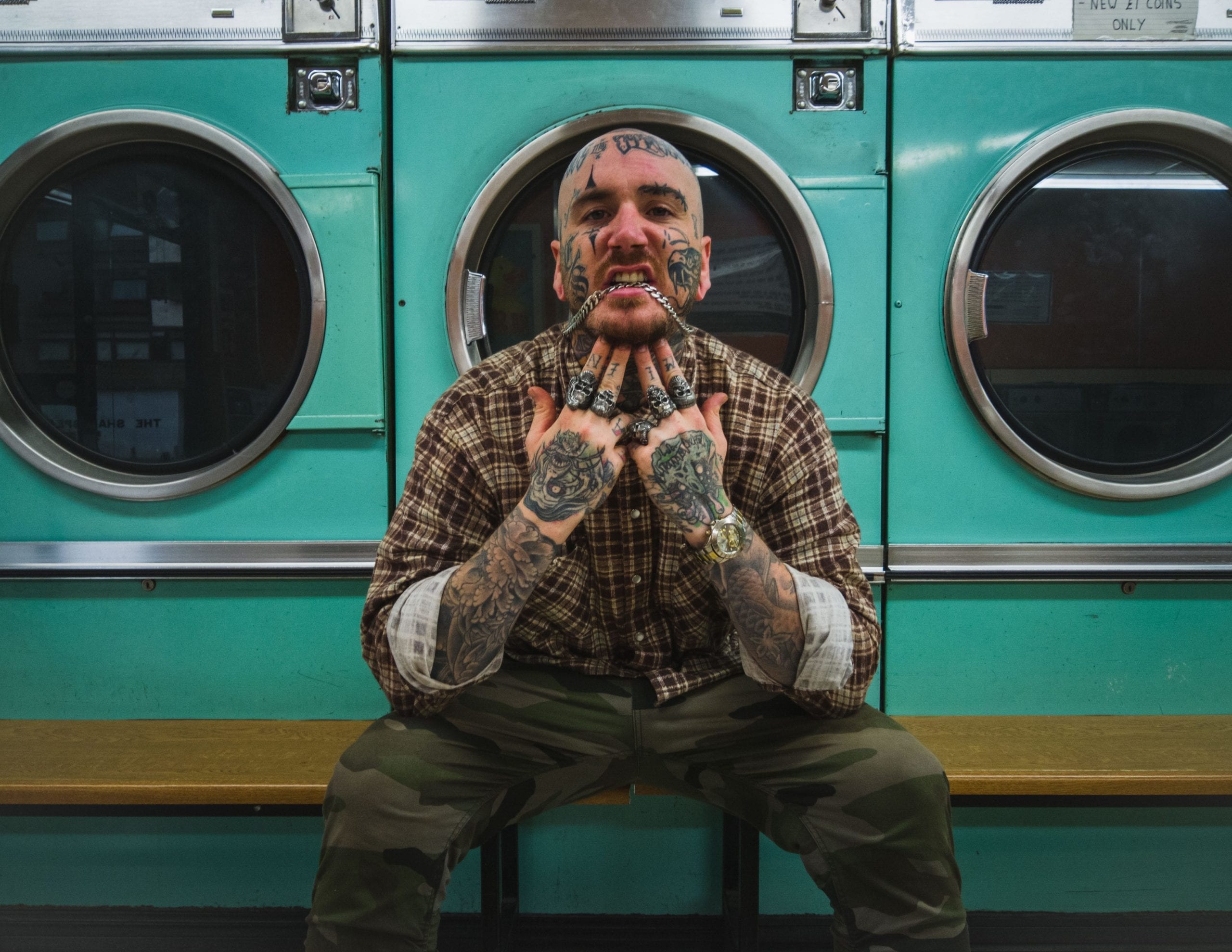

Aiyush Pachnanda may have yet to finish his Photojournalism degree, but he’s already taking the…
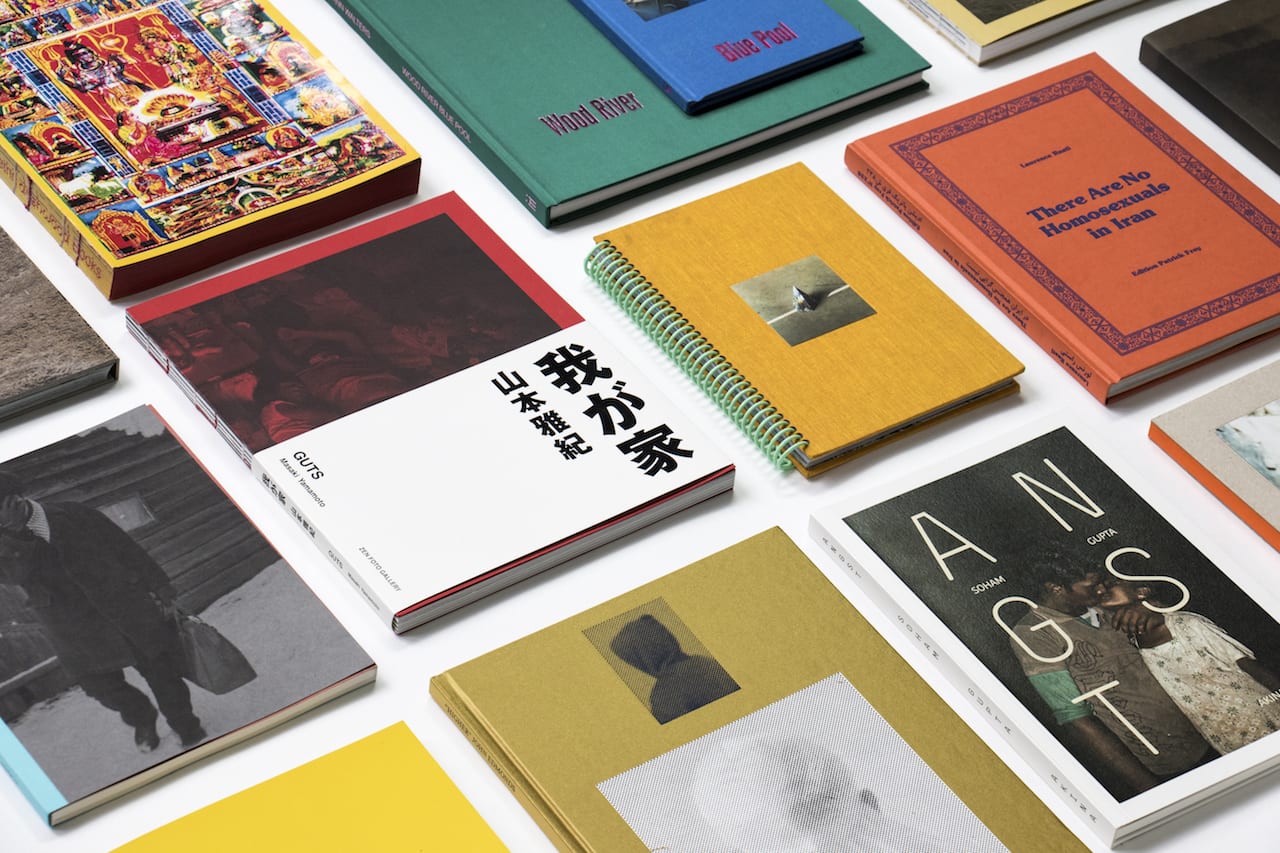
Laia Abril, Nina Berman, Sohrab Hura, and Carmen Winant are all in the running for the prestigious Paris Photo/Aperture Foundation Photobook of the Year Award, which will be announced on 09 November at Paris Photo.
In total ten books have been shortlisted for the award; in addition, 20 books have been shortlisted for the First Photobook, and five for the Photography Catalogue of the Year. All the shortlisted books will go on show at Paris Photo and at the Aperture Foundation in New York, then tour to various venues across Europe, as well as being featured in the Autumn 2018 issue of The Photobook Review. In addition the Photobook of the Year winner will receive $10,000.
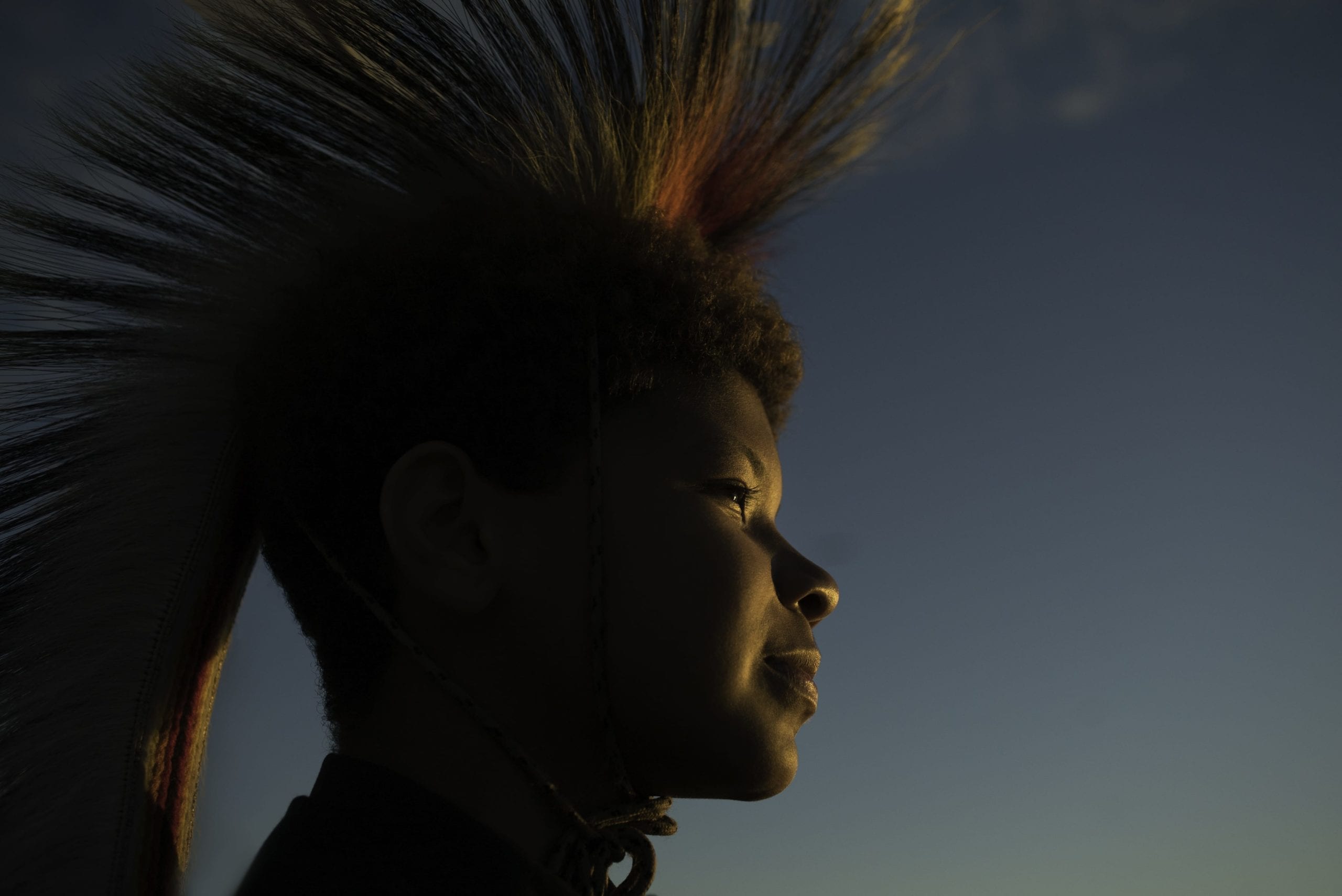
Danielle Da Silva is a photographer, activist and filmmaker, and the Founder and CEO of…
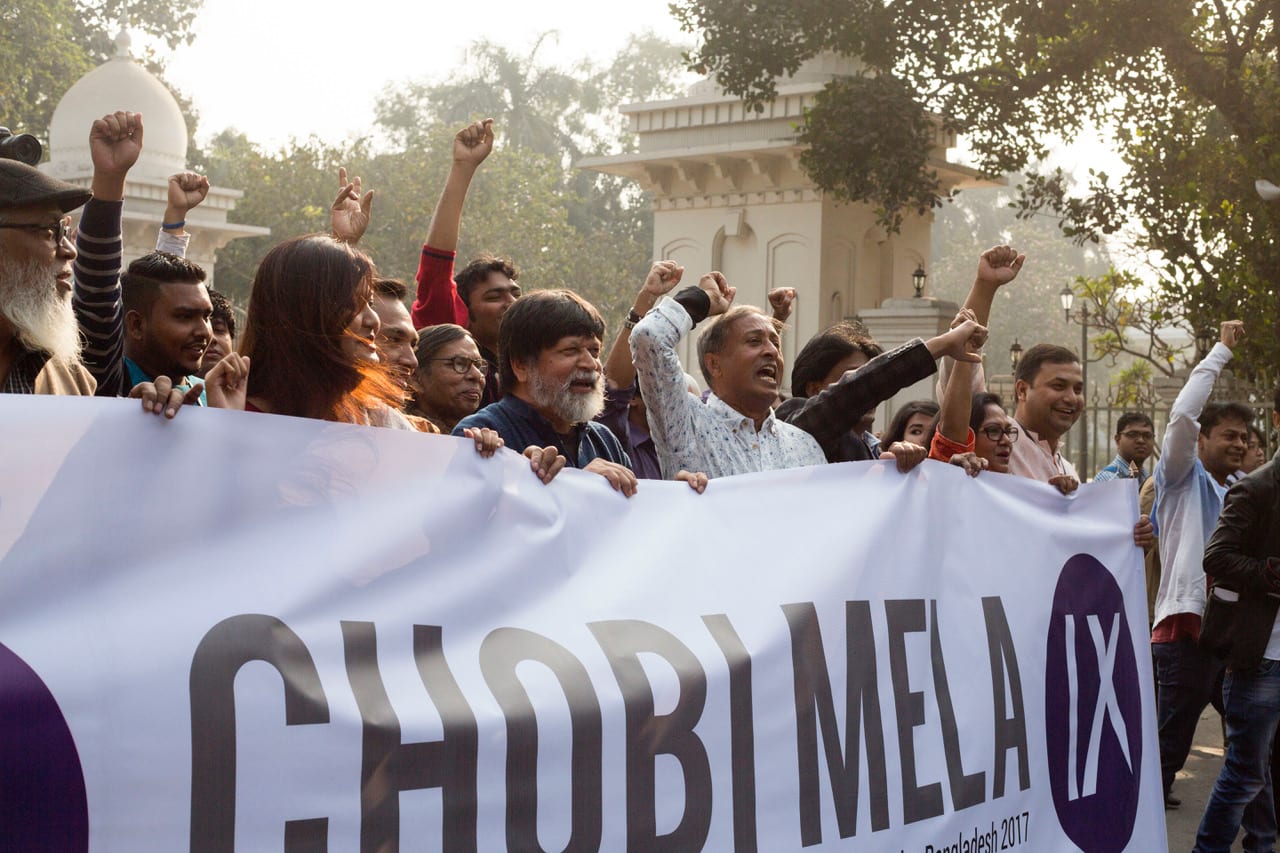
Bangladeshi photographer Shahidul Alam has been given the Humanitarian Award at this year’s Lucie Awards. The award was given on 28 October in recognition of Alam’s prestigious career in photography and activism, which has seen him documenting the democratic struggle to remove Bangladeshi dictator General Hussain Muhammad Ershad in 1984, publishing a celebrated book My journey as a witness, and taking the last official portrait of Nelson Mandela in 2009. In addition, Alam set up the award-winning Drik picture agency, the Chobi Mela festival, and the South Asian Media Institute.
Alam is currently in prison in Bangladesh, having been arrested on 05 August and charged with violating Bangladesh’s Information and Communication Technology Act. The Lucie Foundation took the opportunity to join the many international voices speaking out against his incarceration, which include Amnesty International, the Committee to Protect Journalists, Reporters Without Borders, and Index on Censorship.
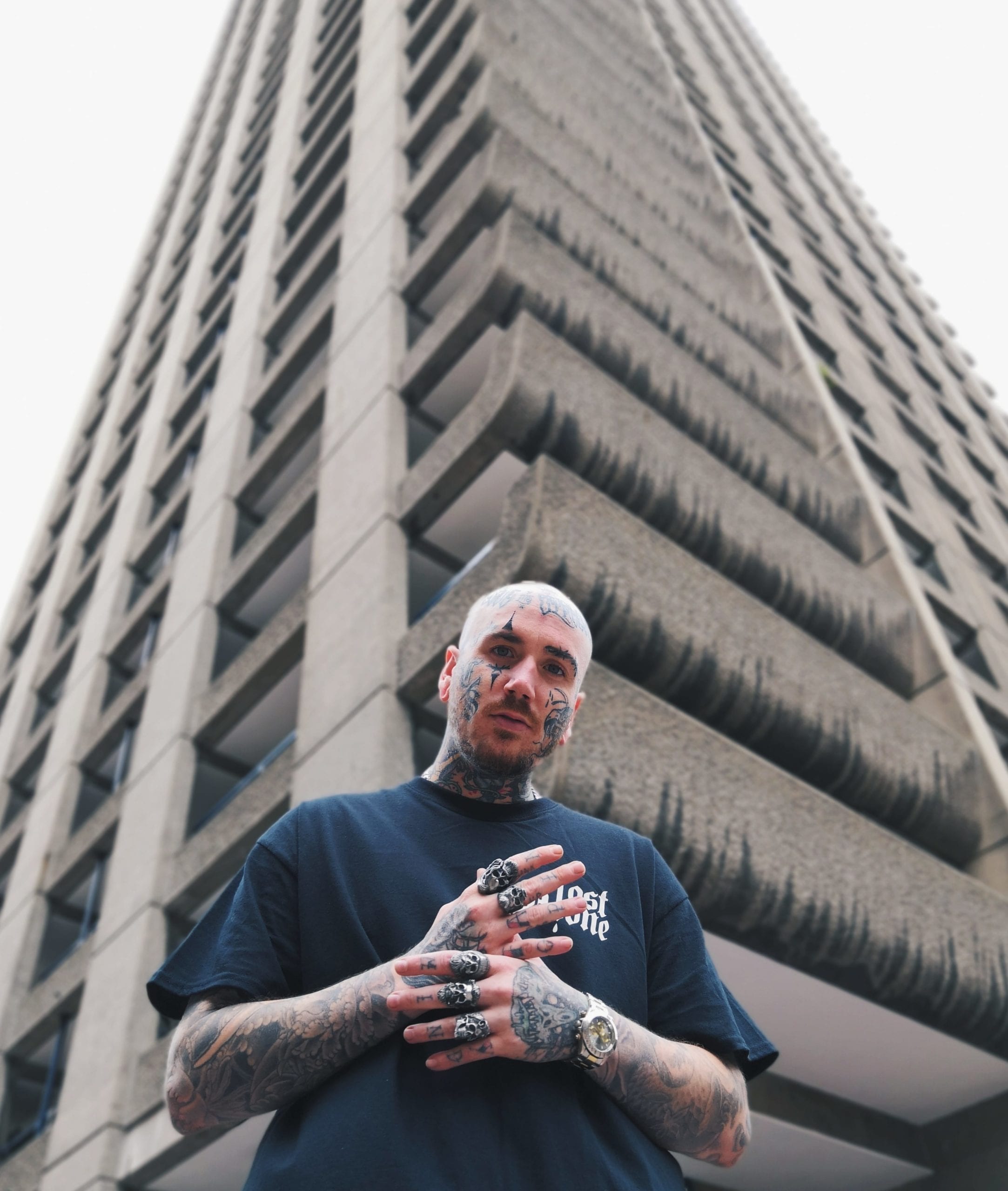
The winners were announced during Berlin Photo Week in Germany (10 – 14 October) where…
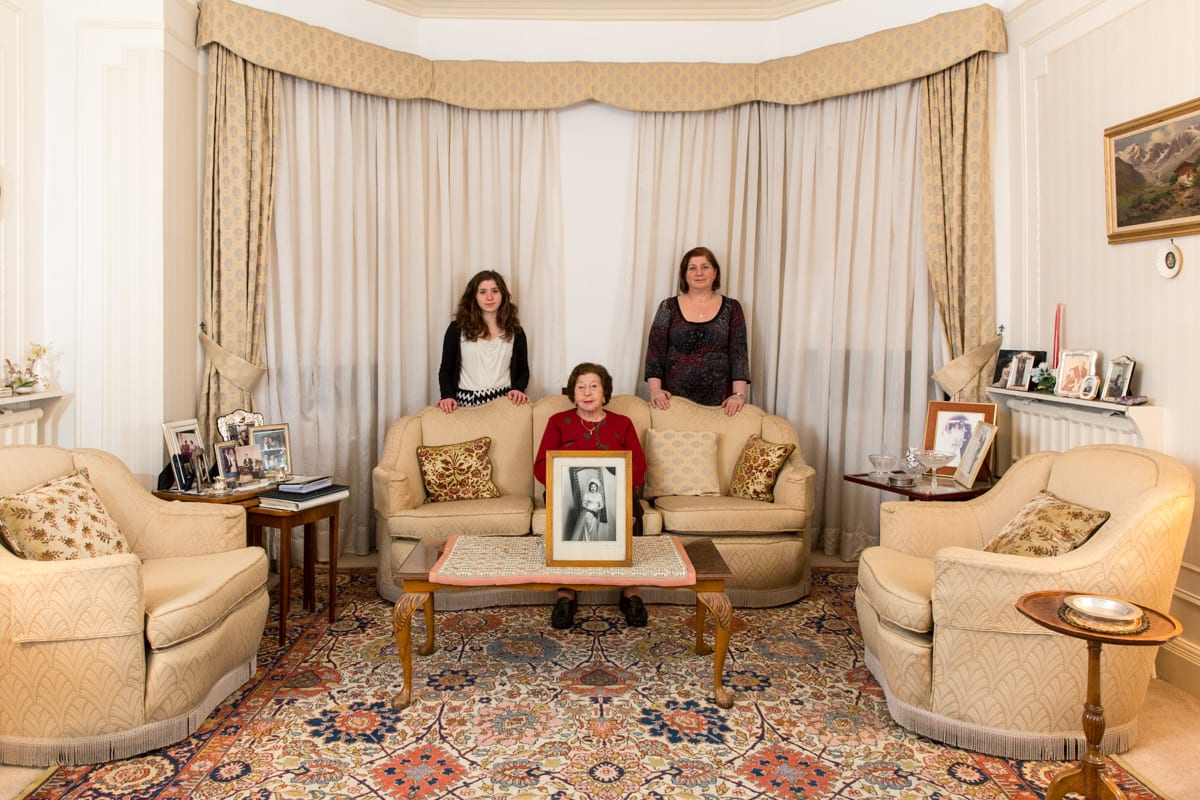
Chris Steele-Perkins began The New Londoners four years ago, a project reflecting the individuality, community…
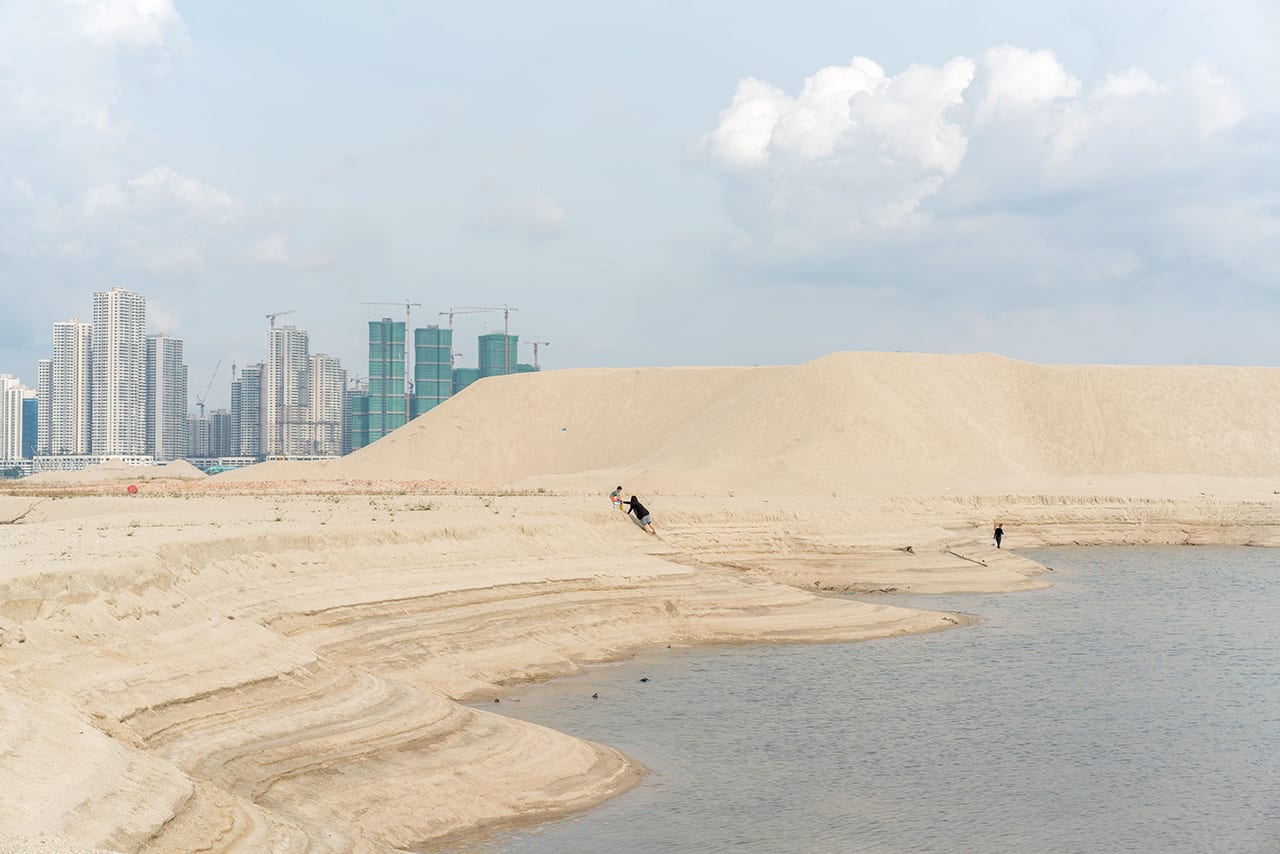
Would you like to join Magnum Photos? The agency is inviting photographers worldwide to submit their portfolios online by 31 January to be considered for nominee status.
Magnum will accept digital submissions from all professional photographers, and entries for June 2019 can be made through this website: https://contests.picter.com/magnum-photos/submissions-2019/ Applicants are required to submit two to three projects, with up to 80 photographs in total. The new nominee members will be announced on 01 July 2019.
In addition MACK is accepting open submissions for its First Book Award this year – in contrast to previous years, in which photographers were nominated by a panel of industry insiders. The prize is open to any photographer or artist who has not previously published work with a third party company, and entries are invited from 12 November 2018 – 21 January 2019. All entries must be paper book dummies; digital submissions are not accepted.
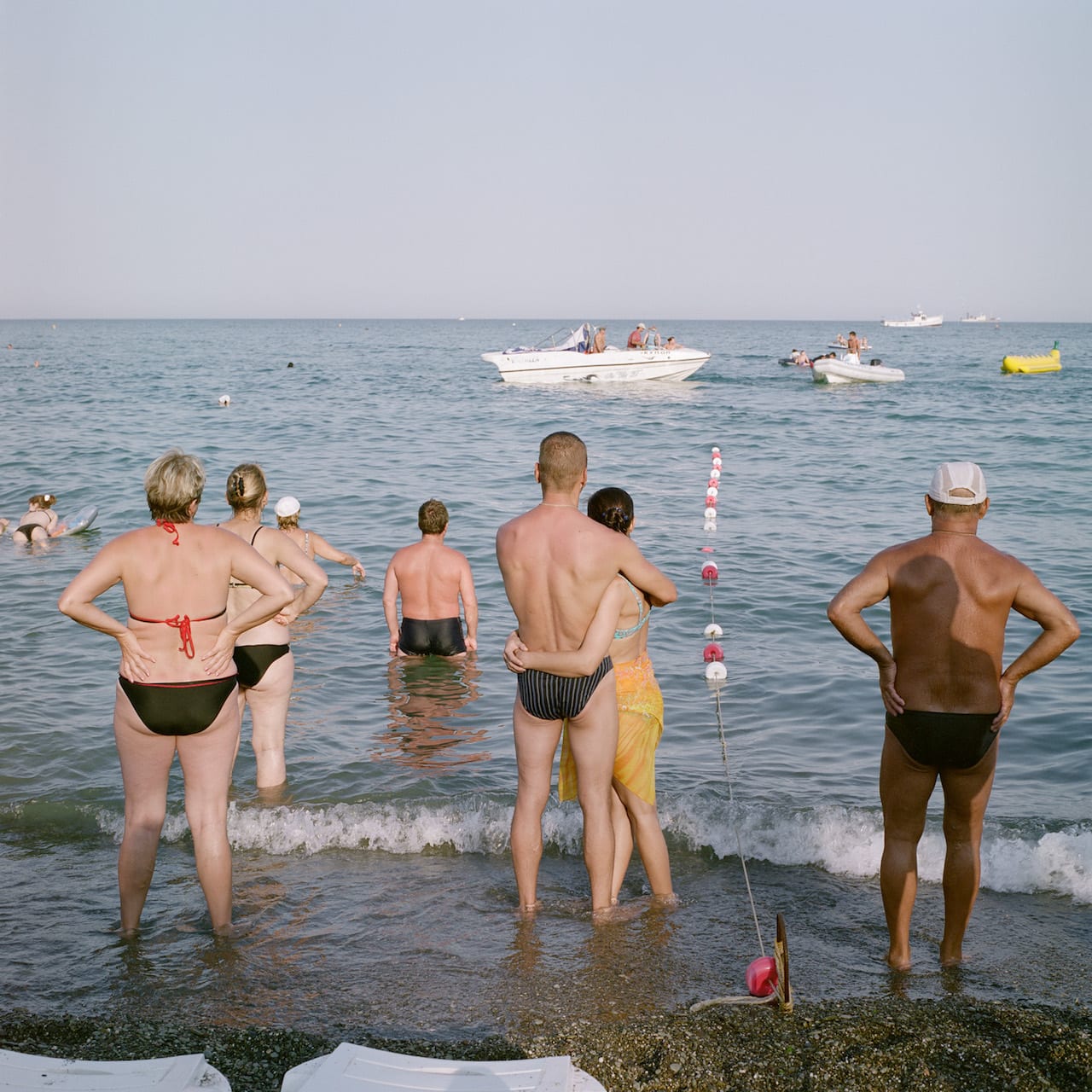
Stakle recently won the New East Photo Prize organised by Calvert 22 Foundation, with a series titled Heavy Waters. Shot in Crimea in 2011, the series shows towns and villages scattered along the coast on the Crimean Peninsula – an area that was at the time part of Ukraine, but which became part of Russia after the Ukraine-Russia crisis in 2014. To date, Crimea remains an internationally unrecognised part of Russia. Crimea was one of the most popular resorts of the Soviet Union but, says Stakle, “being on the crossroads of trade routes has always been risky”. “Since times immemorial, the Crimean Peninsula has been coveted by different countries, near and far,” he writes in his introduction to the series.
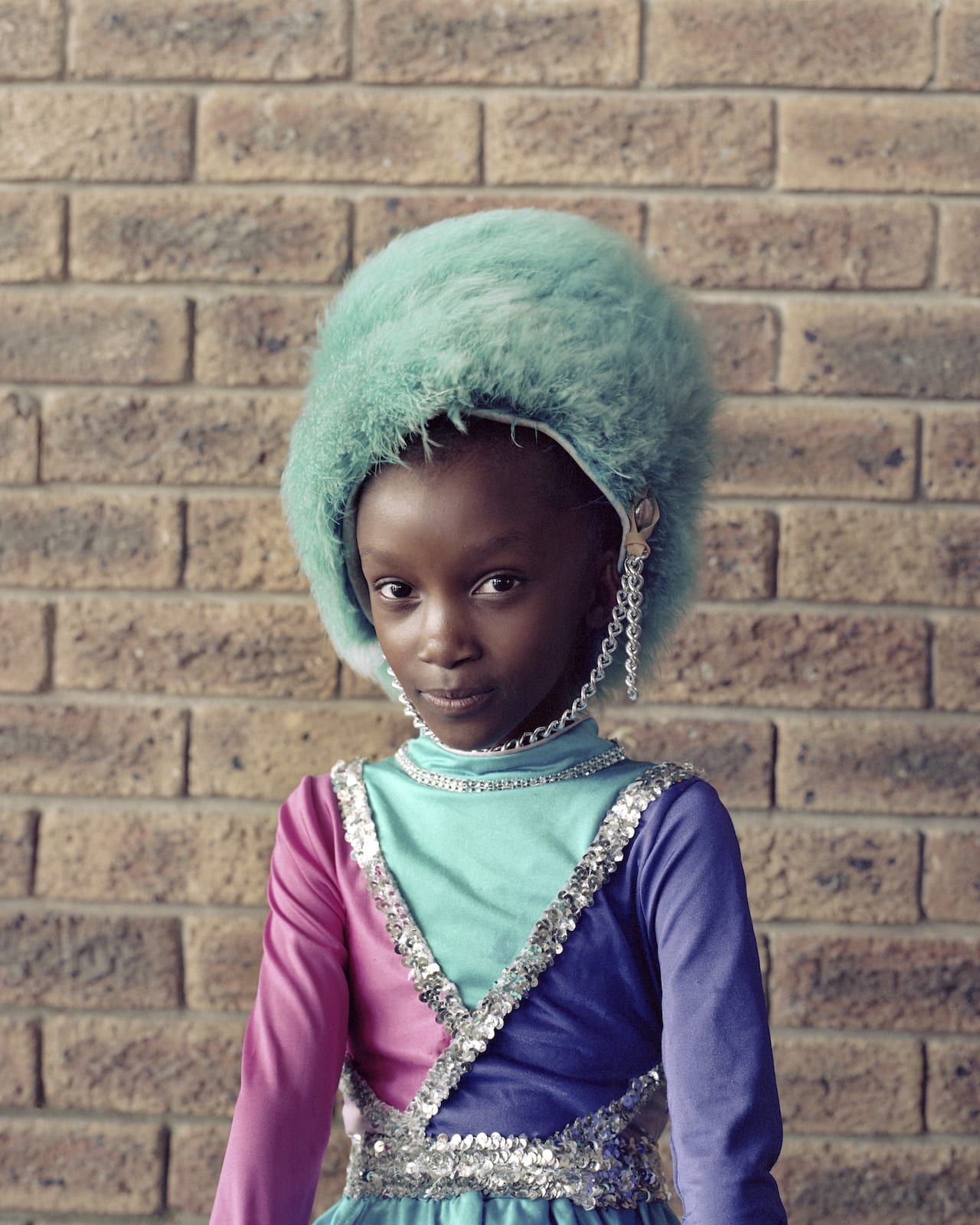
Alice Mann has won the Taylor Wessing Photographic Portrait Prize 2018 with a set of four images of South African drum majorettes – the first time the award has gone to a series not a single shot.
Mann’s photographs show five young girls from Cape Town dressed as ‘drummies’ – a popular hobby for children from some of South Africa’s most disadvantaged communities. Mann, who is now based in London but originally from South Africa, spent three months photographing drum majorettes, and says her winning portraits come from a much larger series.
“The images are part of a much larger body of work, which is a combination of a more documentary approach and portraits,” she explains. “These four portraits are some of my favourite images, especially the one of Riley and Wakiesha because they are so charismatic.